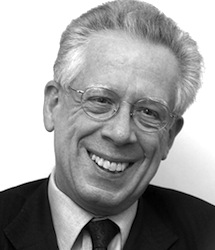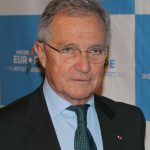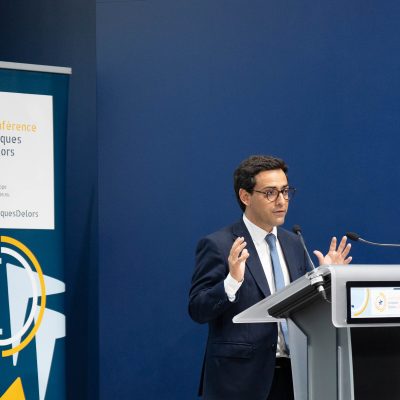The Euro, the investors and the governance – Proceedings of the seminar in honour of Tommaso Padoa-Schioppa
To pay tribute to Tommaso Padoa-Schioppa, Notre Europe and the Egmont Institute joined together to organise a seminar on “The Euro, the investors and the governance”. The seminar had three objectives: to conduct an assessment of the Economic and Monetary Union; to present and debate investors’ expectations vis-à-vis the common currency; and to present ideas to strengthen the European economic governance. This publication collects the speakers’ interventions in the seminar, which was held in Brussels on 4 April 2011. An extract of this publication including the introduction by Jacques Delors is also available.

An extract of this publication including the introduction by Jacques Delors is also available.
Tommaso Padoa-Schioppa, this convinced and far-seeing European with his deep interest in economic and financial issues, dedicated a large portion of his life to both the European currency and the management of global monetary affairs. To pay tribute to him, Notre Europe and the Egmont Institute joined together to organise a seminar entitled “The Euro, the investors and the governance”. The seminar, held in Brussels on 4 April 2011 in the presence of some sixty personalities, allowed us to address issues that have been the subject of passionate debate since the global financial crisis first rocked the euro zone.
Overall, Firstly, to conduct a thorough assessment of the project undertaken in 1999, while clearly separating the first nine years from the 2008-2011 period. Secondly, to respond to the doubt financial and monetary specialists have placed upon the future of the euro. What do investors expect from a common European currency? What do they dislike about the current system? Do they have any proposals for reform, be they institutional or technical? Finally, the third objective was to ascertain what type of EU governance will be able to guarantee both euro zone stability and European Union economic and social development (i.e. job creation, competitiveness and purchasing power).
This publication, a collection of the speakers’ interventions, draws an outline of possible answers to these questions.







